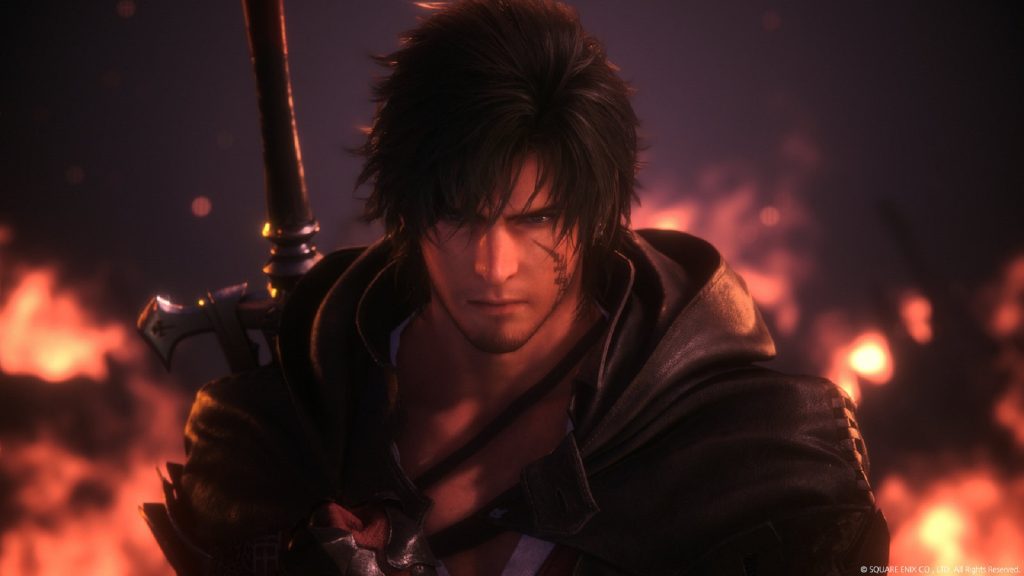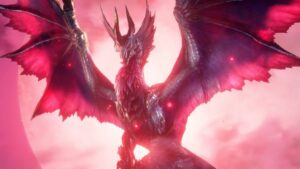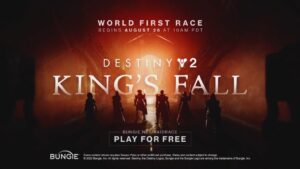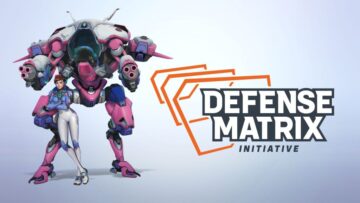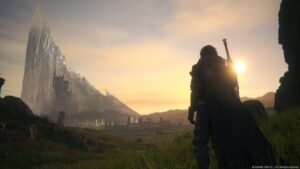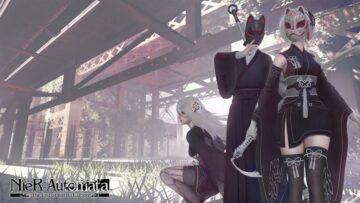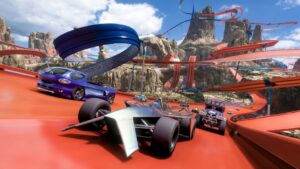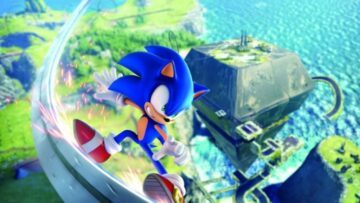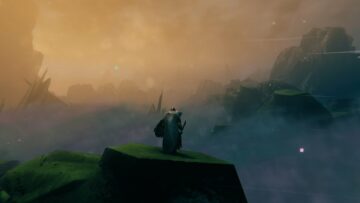In an interview with Japanese gaming magazine Famitsu, Final Fantasy 16 producer Naoki Yoshida spoke about the decision to feature a real-time combat system in the game rather than the continuing the franchise tradition of featuring turn-based combat.
Translated by Video Games Chronicle, Yoshida told Famitsu that considering the audience for the upcoming game was a major factor in opting for real-time combat.
“I’m from a generation that grew up with command and turn-based RPGs,” Yoshida said. “I think I understand how interesting and immersive it can be. On the other hand, for the past decade or so, I’ve seen quite a number of opinions saying ‘I don’t understand the attraction of selecting commands in video games’”.
Early RPGs often featured turn-based combat for a few reasons, chief among them being constraints of the technologies available at the time, as well as the fact that video game RPGs originate from tabletop RPG rules. Yoshida believes that gaming technology since then has pushed RPGs towards featuring more action-based combat mechanics rather than turn-based combat.
“For several console generations now, all character expressions can be done in real-time,” said Yoshida. “Actions such as ‘press the trigger and your character will shoot a gun’ and ‘press the button and your character will swing their sword’ can now be easily expressed without going through a command system.”
“It’s now common for gamers younger than me to love such games. As a result, it seems that it does not make sense to go through a command prompt, such as ‘Battle’, to make a decision during a battle.”
Yoshida goes on to talk about finding turn-based combat systems quite fun, and how the decision to have real-time action combat in Final Fantasy 16 isn’t a matter of being good or bad, but rather it being the matter of a younger audience that prefers more real-time action gameplay.
Yoshida also recently spoke about why Final Fantasy 16 won’t feature an open world, as making the game would then require over 15 years.
- amazon prime gaming
- axie infinity
- Casino Games
- coingenius
- EA Sports
- Evil Geniuses
- Final Fantasy 16
- Gaming
- Gaming Bolt
- gaming headset
- gaming pc
- madden nfl
- news
- Nintendo
- Online casino games
- pc games
- plato
- plato ai
- plato data intelligence
- plato game
- plato gaming
- platodata
- platogaming
- playstation
- prime gaming
- ps5
- Square Enix
- Team SoloMid
- xbox
- zephyrnet
